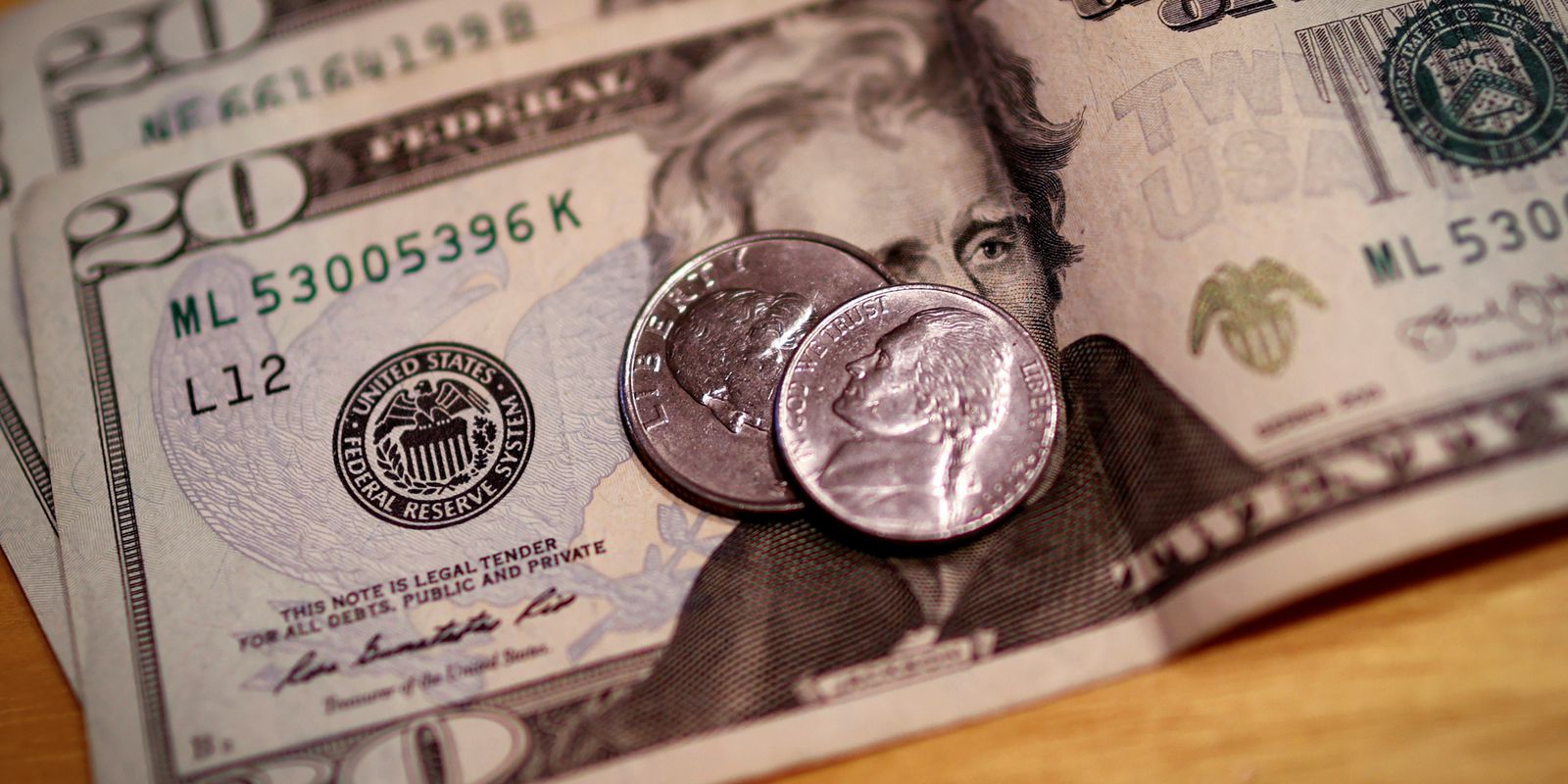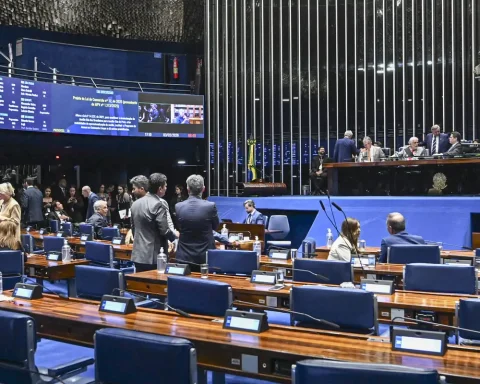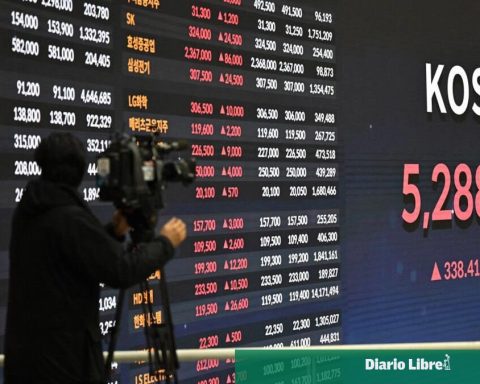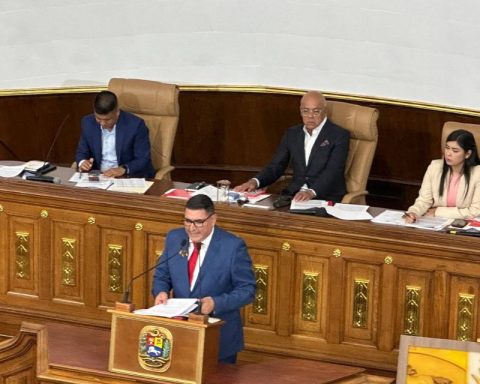The deceleration of inflation in the United States and the Proposed Amendment to the Constitution (PEC) of the Transition made the dollar start December practically stable. In the stock market, the climate was more pessimistic, with the stock market falling for the first time after two consecutive increases.
The commercial dollar ended this Thursday (1st) sold at R$ 5.197, with a decrease of only 0.09%. The quotation had a volatile day, alternating highs and lows. At the maximum of the day, around 9:30 am, it touched R$ 5.22. At the low of the day, close to 12:00, it hit R$ 5.16.
The stock market had a losing day. The B3 Ibovespa index closed at 110,926 points, down 1.39%. The main falls occurred in the shares of companies linked to consumption, influenced by the slowdown in the economy.
According to the Brazilian Institute of Geography and Statistics (IBGE), the Gross Domestic Product (GDP, sum of goods and services produced by the country) grew by 0.4% in the third quarter and accumulates expansion of 3.6% in relation to the same period of 2021. Although the performance was above expectations, the indicator shows economic slowdown, mainly caused by increases in the Selic rate (basic interest of the economy), which jumped from 2% per year in March 2021 to 13.75% per year currently.
In addition to the release of GDP, the domestic market was influenced by negotiations around the Transition PEC. The text, which obtained the minimum number of signatures on Tuesday (29) to be processed in the Senate, should be negotiated, with the possibility of reducing the amount outside the spending ceiling and with the exception being limited to two years. Currently, the PEC provides for the withdrawal of up to R$ 198 billion from the ceiling for four years.
Abroad, the dollar fell against the main currencies of the planet after the disclosure that consumer inflation in the United States fell to 0.3% in October. The number raises the prospect that the Federal Reserve (Fed, US Central Bank) will reduce the pace of raising interest rates as early as the December meeting.
In the last four meetings, the Fed raised basic interest rates by 0.75 points at each meeting. Yesterday (30), the chairman of the body, Jerome Powell, had indicated that the US monetary authority could reduce the size of the adjustments this month. Smaller increases in interest rates in advanced economies favor emerging countries, such as Brazil.
*With information from Reuters

















